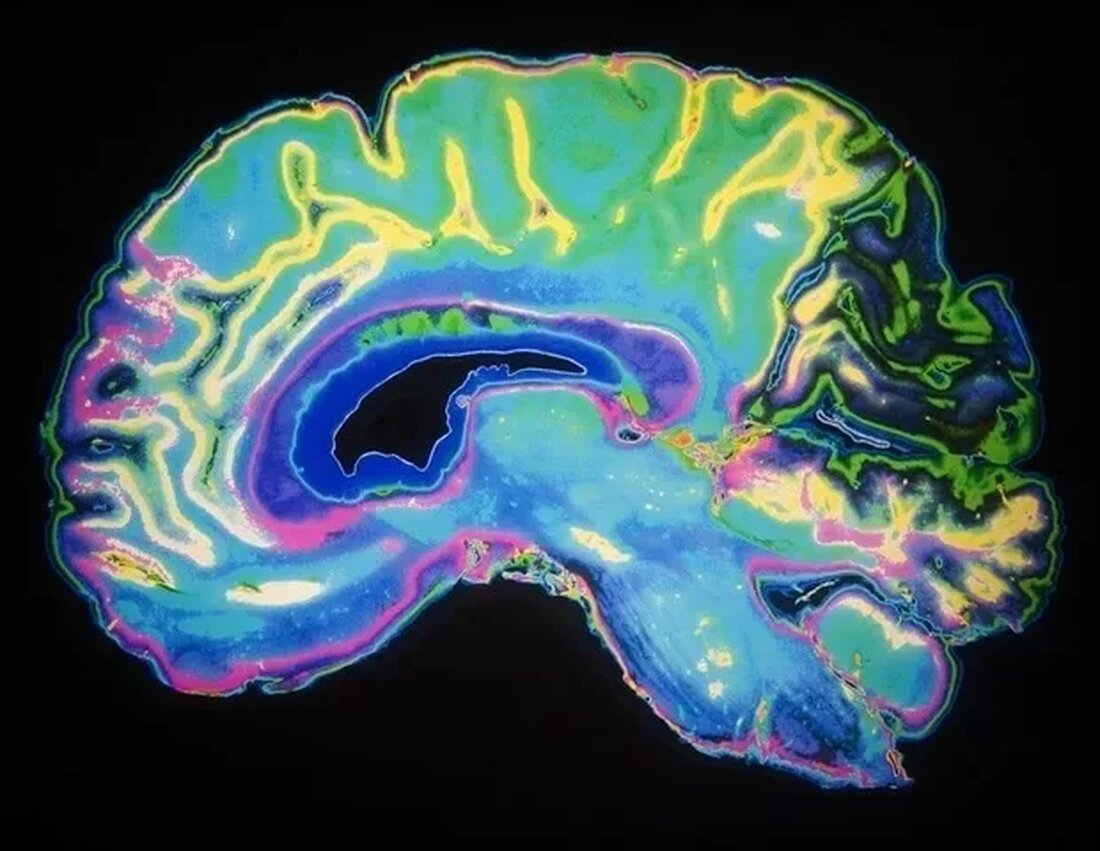Mindfulness Training at University of Wisconsin–Madison's Center for Healthy Minds Reveals Changes in Pain-Related Brain Activity and Offers New Avenues for Precise Pain Treatment
Changes in brain activity identified after mindfulness training A study from the Center for Healthy Minds at the University of Wisconsin-Madison has isolated changes in pain-related brain activity after mindfulness training. These findings point the way to more targeted and precise pain treatments. The study, published July 27 in the American Journal of Psychiatry, identified specific brain pathways for pain regulation whose activity is altered by the center's eight-week mindfulness stress reduction course. These changes were not seen in participants who took a similar course without mindfulness instruction. According to Joseph Wielgosz, who led the study, these are important new findings that...

Mindfulness Training at University of Wisconsin–Madison's Center for Healthy Minds Reveals Changes in Pain-Related Brain Activity and Offers New Avenues for Precise Pain Treatment
Changes in brain activity identified after mindfulness training
A study from the Center for Healthy Minds at the University of Wisconsin-Madison has isolated changes in pain-related brain activity after mindfulness training. These findings point the way to more targeted and precise pain treatments.
The study, published July 27 in the American Journal of Psychiatry, identified specific brain pathways for pain regulation whose activity is altered by the center's eight-week mindfulness stress reduction course.
These changes were not seen in participants who took a similar course without mindfulness instruction. According to Joseph Wielgosz, who led the study, these are important new findings that show that the changes in the brain are indeed due to mindfulness training. Wielgosz was a doctoral student at the University of Wisconsin-Madison during the study and is now a postdoctoral researcher at Stanford University. The study is the first to demonstrate pain-related changes in the brain through a standardized mindfulness course that is widely used in clinical settings.
About one-third of Americans suffer from pain-related problems. However, common treatments such as medications and invasive procedures do not work for everyone and have contributed to an epidemic of addiction problems related to prescription and illicit drugs, according to Wielgosz.
Mindfulness training courses such as the MBSR course are popular among patients and show promising clinical results. Through the practical application of non-judgmental, present mindfulness of mind and body, participants can learn to respond to pain with less emotional distress and develop greater psychological flexibility. This can ultimately lead to a reduction in pain.
To measure the neural pain response, study participants' brains were scanned while they were exposed to a carefully controlled, heat-based stimulus on their forearm. The researchers recorded two pain-related activity patterns across the brain developed by Tor Wager, a neuroscientist at Dartmouth College. This innovative technique improves the ability to detect pain-related signals in complex brain activity. Changes in signatures can also be more easily interpreted in psychological terms.
Participants in the MBSR course showed a reduction in a signature associated with the sensory intensity of pain.
“Our results support the idea that mindfulness training in new practitioners directly influences how sensory signals from the body are translated into a brain response,” says Wielgosz, whose work was supported by the National Institutes of Health.
The study also examined long-term mindfulness training. Interestingly, during intensive meditation retreats, changes in brain activity have been found that indirectly shape the influences on pain. This includes, for example, differences in attention, beliefs and expectations - factors that often lead to increased levels of distress in non-meditators.
“Similar to how an experienced athlete plays sports differently than a beginner, experienced mindfulness practitioners appear to use their mental ‘muscles’ differently in response to pain,” explains Wielgosz.
These results demonstrate the potential of mindfulness practices as a behavior in everyday life. The study is also significant for pain research because, in addition to participants' subjective ratings, it also uses brain-based measures of pain in a randomized trial. Pain researchers have long been looking for ways to biologically measure the treatment effect.
“When we look at both neural activity and patients’ experiences, we gain insights into mindfulness that we would never have gained by looking at them in isolation,” says Wielgosz.
The researchers therefore believe that their study not only provides insights into mindfulness, but may also provide a model for future research to untangle the complexities of pain and ultimately reduce the burden it causes in our lives.

 Suche
Suche
 Mein Konto
Mein Konto
